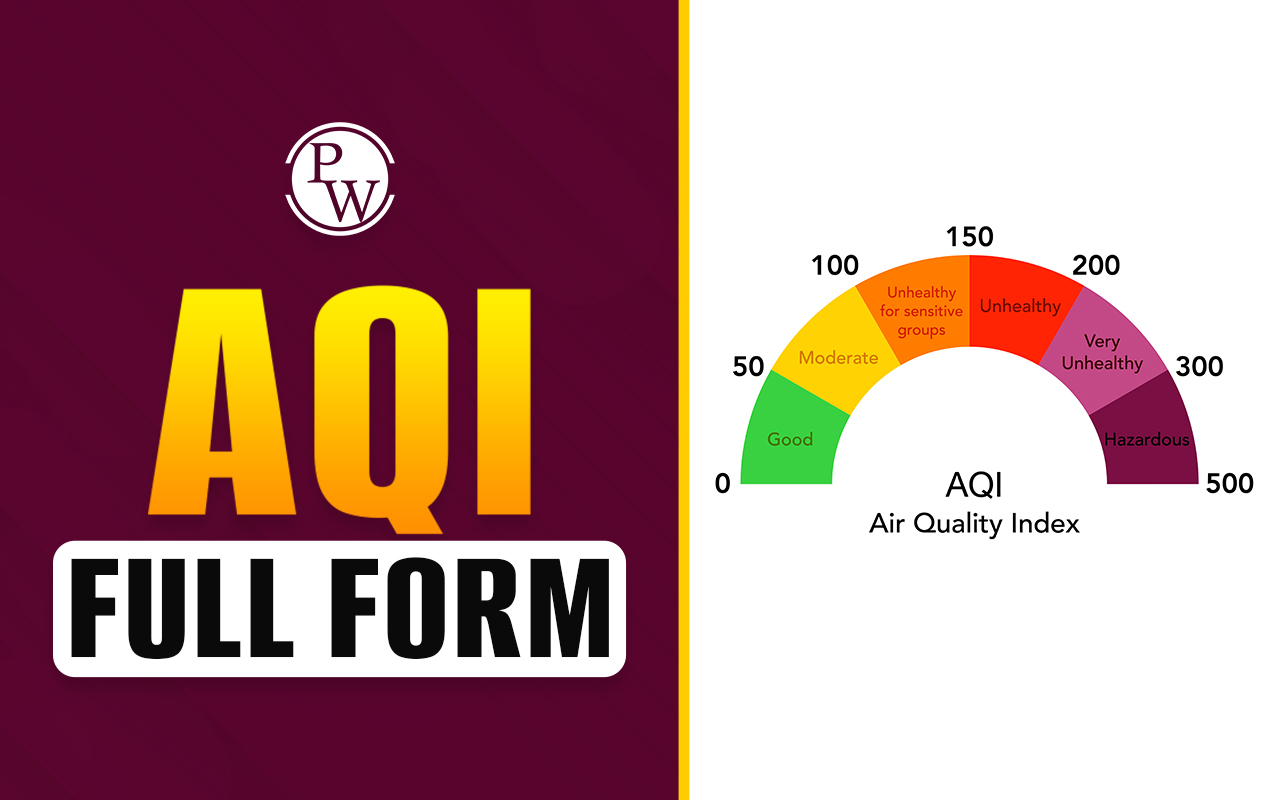

The Delhi Administration Subordinate Services (DASS) is a group of employees who work for the Delhi government. These employees are responsible for providing administrative support to various departments of the government. The DASS was established in 1967 and is one of the oldest and most important services in the Delhi government. While it faces several challenges and controversies, it continues to provide valuable service to the people of Delhi. In this article, we'll provide you a brief about the DASS to help you understand the services better.
Things You Should Know About DASS
Responsibilities and Functions
The DASS is responsible for providing administrative support to various departments of the Delhi government. The employees in the DASS handle a variety of functions such as record keeping, filing, data entry, correspondence, and other administrative tasks.
The DASS is a hierarchical service with different levels of employees. The employees are classified into different grades based on their level of experience and expertise. The DASS has a total of four grades – Grade I, Grade II, Grade III, and Grade IV.
Recruitment Process
The recruitment process for the DASS is conducted by the Delhi Subordinate Services Selection Board (DSSSB). The DSSSB conducts written exams and interviews to select candidates for different grades in the DASS.
The DASS is divided into two tiers. Tier 1 consists of employees in the Grades III and IV, who handle basic administrative tasks such as record-keeping, data entry, and other clerical work. Tier 2 consists of employees in the Grades I and II, who handle more complex tasks such as policy-making, supervision of staff, and other managerial functions.
Salary and Benefits
The employees in the DASS are entitled to a salary based on their grade and level of experience. The employees are also entitled to other benefits such as medical insurance, pension, and other allowances.
Promotion and Career Growth
The employees in the DASS have the opportunity to be promoted to higher grades based on their performance and experience. The employees can also choose to take up other positions in different departments of the Delhi government for career growth.
The employees in the DASS have several career paths to choose from. They can opt to specialize in a particular area such as finance, human resources, or policy-making. They can also choose to move to different departments within the Delhi government for career growth.
Challenges Faced by the DASS
The DASS faces several challenges such as lack of resources, outdated technology, and bureaucratic delays. The employees in the DASS often have to work long hours and deal with a heavy workload, which can be challenging and stressful.
Role in Policy Making and Disaster Management
While the DASS is primarily responsible for providing administrative support, the employees in the higher grades (I and II) also play a role in policy-making. They provide input and advice on various policies and procedures to ensure that they are practical and feasible to implement.
The DASS also plays a crucial role in disaster management. In the event of a natural disaster or emergency, the employees in the DASS are responsible for coordinating relief efforts and providing necessary support to affected people.
Recent Controversies
The DASS has been embroiled in several controversies in recent years. In 2018, a group of DASS employees went on a strike to demand better working conditions and pay. The strike caused significant disruptions to the functioning of the Delhi government. In another incident, the Delhi government accused the Lieutenant Governor (LG) of interfering in the functioning of the DASS and other departments.
[wp-faq-schema title=" Full Form of DASS FAQs" accordion=1]
What is the DASS exam?
What is the salary of a DASS employee?
What are the career opportunities in the DASS?
How do I apply for a job in the DASS?
What are the challenges faced by DASS employees?
What is the role of DASS in the Delhi government?












